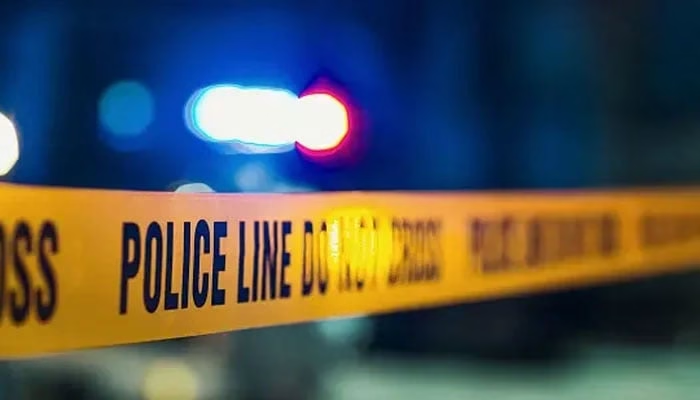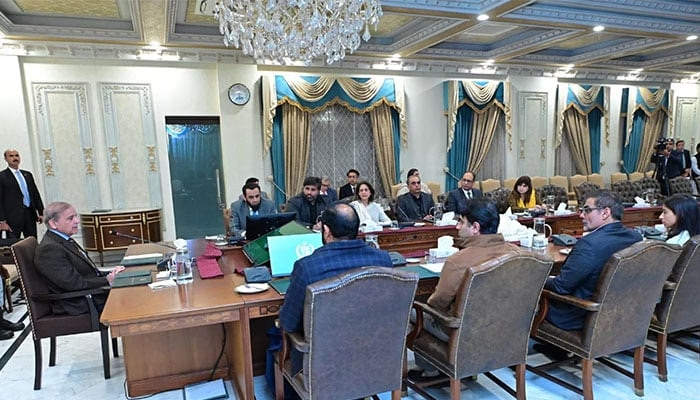The tragic incident of transgender persons killed in Karachi has once again drawn attention to the alarming rise in violence against Pakistan’s transgender community. On Sunday midnight, police discovered the bodies of three transgender individuals on a roadside in Memon Goth, Karachi. According to investigators, each victim sustained a fatal bullet wound, raising serious concerns about the safety and dignity of one of the country’s most marginalized groups.
Details of the Transgender Persons Killed in Karachi
Senior Superintendent of Police (SSP) Malir Abdul Khaliq Pirzada confirmed that each of the victims suffered a single gunshot wound, two to the chest and one to the head. Spent 9mm bullet casings, tissue papers, a purse, and other items were recovered from the crime scene. Investigators believe that the three victims may have been standing by the roadside, possibly seeking a lift, when the assailant opened fire and fled.
The crime scene unit collected evidence, while nearby road cameras are being checked for leads since no CCTV cameras were directly installed in the area. Initial identification revealed that the real names of two victims were Muhammad Jeel and Alex Riyasat. However, within the transgender community, they were known as Ainee, Asma, and Sameena.
Police Response to the Transgender Persons Killed in Karachi
Law enforcement authorities have launched a full-scale investigation into the case of the transgender persons killed in Karachi. Post-mortem examinations are expected to reveal more details about the attack. Sindh Chief Minister Syed Murad Ali Shah issued a strong directive to the police, ordering them to immediately arrest those responsible.
In his statement, the Chief Minister emphasized the importance of protecting marginalized groups, saying, “Transgender persons are a vulnerable segment of society, and we must all give them dignity and respect.”
Community Reaction to the Transgender Persons Killed in Karachi
The transgender community expressed deep sorrow and outrage over the killings. Many members gathered to identify the victims and raised their voices against the ongoing violence. Activists stressed that this tragic case highlights the urgent need for greater protections and enforcement of existing laws meant to safeguard transgender individuals.
Amnesty International also condemned the incident, calling attention to the increasing cases of targeted attacks on trans people across Pakistan. According to human rights groups, the number of violent attacks on transgender persons has steadily risen in recent years, with dozens reported annually.
Rising Violence Against Transgender Persons in Pakistan
The killing of transgender persons in Karachi is not an isolated case but part of a disturbing pattern. A 2023 report by the Human Rights Commission of Pakistan noted that more than 20 transgender persons were murdered across the country in that year alone, with many cases going unresolved. In Khyber Pakhtunkhwa, which has one of the largest transgender populations, activists recorded over 70 killings of transgender individuals between 2015 and 2022.
Such statistics reveal the ongoing risks faced by the community despite legal recognition. In 2018, Pakistan passed the Transgender Persons (Protection of Rights) Act, granting trans individuals the right to self-identify their gender and protecting them against discrimination. However, enforcement has been weak, and rising hate crimes show that legislation alone is not enough.
Why the Transgender Persons Killed in Karachi Matters
The transgender persons killed in Karachi highlight deep-rooted social challenges. Beyond the personal tragedy for families and communities, these crimes erode trust in law enforcement and expose the lack of safety for vulnerable groups. Transgender individuals often face stigma, exclusion, and limited economic opportunities, forcing many to seek livelihoods in unsafe environments.
The killings also serve as a grim reminder of the gap between law and reality. While Pakistan has been praised internationally for its progressive transgender rights law, the ground reality remains fraught with violence, harassment, and lack of justice.
A Call for Justice and Protection
The killings of the transgender persons in Karachi demand urgent action. Authorities must not only arrest the culprits but also strengthen measures to prevent future attacks. This includes increasing police presence in vulnerable areas, installing surveillance systems, and ensuring speedy trials for perpetrators of hate crimes.
Civil society and the media also have a role to play in raising awareness, challenging stereotypes, and fostering respect for diversity. International organizations, such as Amnesty International, continue to call for accountability, but long-lasting change must come from within society itself.
The tragic case of the transgender persons killed in Karachi is a painful reminder of the dangers faced by Pakistan’s transgender community. While government officials have pledged swift justice, true progress will only be achieved when transgender individuals can live without fear, with dignity, and with the protections they are entitled to under the law. As voices of outrage grow louder, it is now up to policymakers, law enforcement, and society to ensure that such violence does not continue unchecked.



